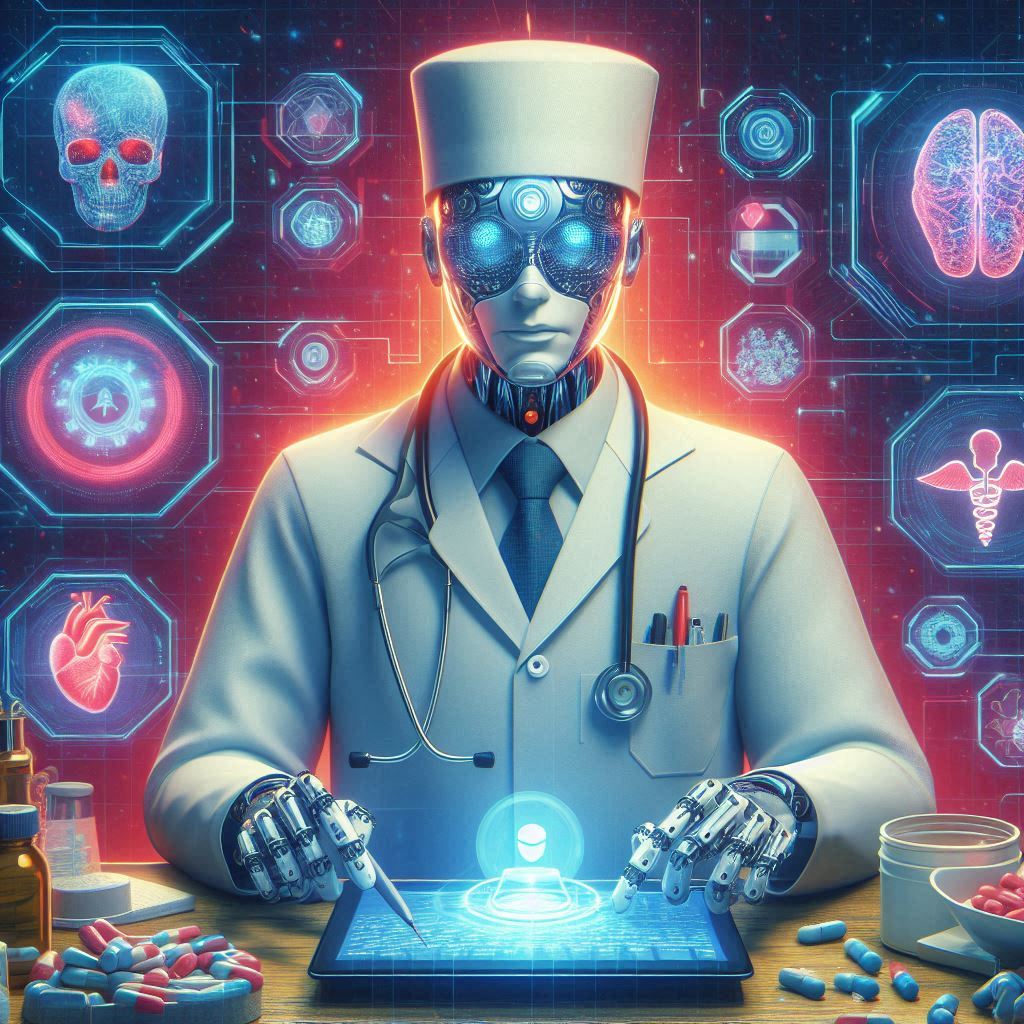
As artificial intelligence continues to revolutionize health care, premedical students find themselves at the forefront of an era marked by innovation and ethical considerations. AI promises to transform patient outcomes and streamline clinical workflows, yet its integration into health care raises significant ethical issues that must be addressed to ensure responsible use.
One of the paramount ethical concerns is data privacy. AI systems require vast amounts of data for training, putting sensitive patient information at risk. Existing regulations, such as HIPAA, must be strictly followed, and new methodologies need to be developed to protect data from AI-specific threats. Premedical students can gain valuable experience by engaging in projects focused on enhancing data security as AI technology evolves.
AI algorithms depend heavily on the quality of the datasets they are trained on, which can perpetuate existing biases in health care data. Diagnostic tools trained on homogeneous data may be less effective for minority populations, leading to disparities in care. To combat this, aspiring doctors should advocate for equity in AI-driven clinical algorithms, ensuring they are trained on diverse and representative datasets to improve accuracy and outcomes for all patient groups.
As AI-powered algorithms become integral to clinical decision-making, establishing accountability and transparency is crucial. Health care providers must understand and explain how these systems reach their conclusions to maintain trust. Designing interpretable AI models and clearly defining responsibility for AI-assisted decisions will help ensure all parties are aware of the consequences for mistakes, thereby upholding patient trust and care quality.
AI can offer personalized learning experiences through adaptive platforms, particularly for exams like the MCAT and USMLE. While beneficial, students should balance the use of AI tools with academic honesty, ensuring that information from AI tutors is double-checked against reliable sources. This practice promotes a healthy balance between leveraging AI advantages and maintaining integrity in education.
AI-powered tools can assist premed students in crafting strong applications, but caution is necessary. Applications should genuinely reflect the student's abilities and experiences, and AI should be used for idea development, editing, and proofreading rather than generating content. Using AI tools for interview preparation and test prep can also be beneficial if used ethically and efficiently.
Students can deepen their understanding of AI ethics by taking courses, attending workshops, and engaging in seminars focused on the ethical dimensions of AI in health care. Collaborating with professionals from various fields, including computer science, law, and medicine, can provide a broader perspective on the ethical implications and practical applications of AI technology.
As AI continues to integrate into health care, premedical students must prepare to navigate its ethical challenges responsibly. By embracing educational opportunities and understanding how to use AI tools ethically, future physicians can ensure that AI enhances patient care rather than detracting from it. This proactive approach will enable the next generation of doctors to leverage AI's full potential while upholding the highest ethical standards in health care.